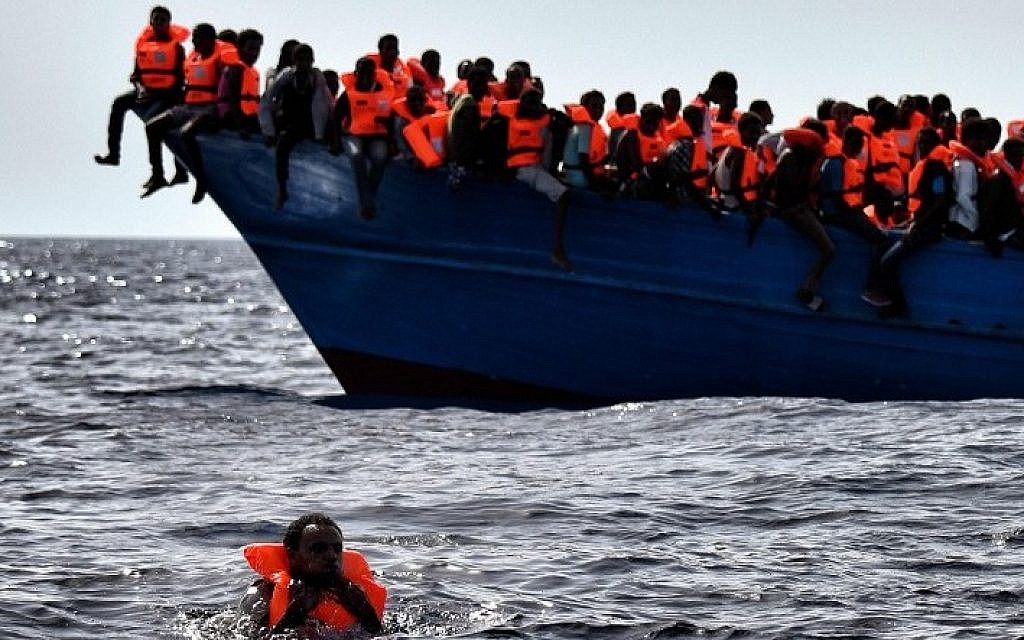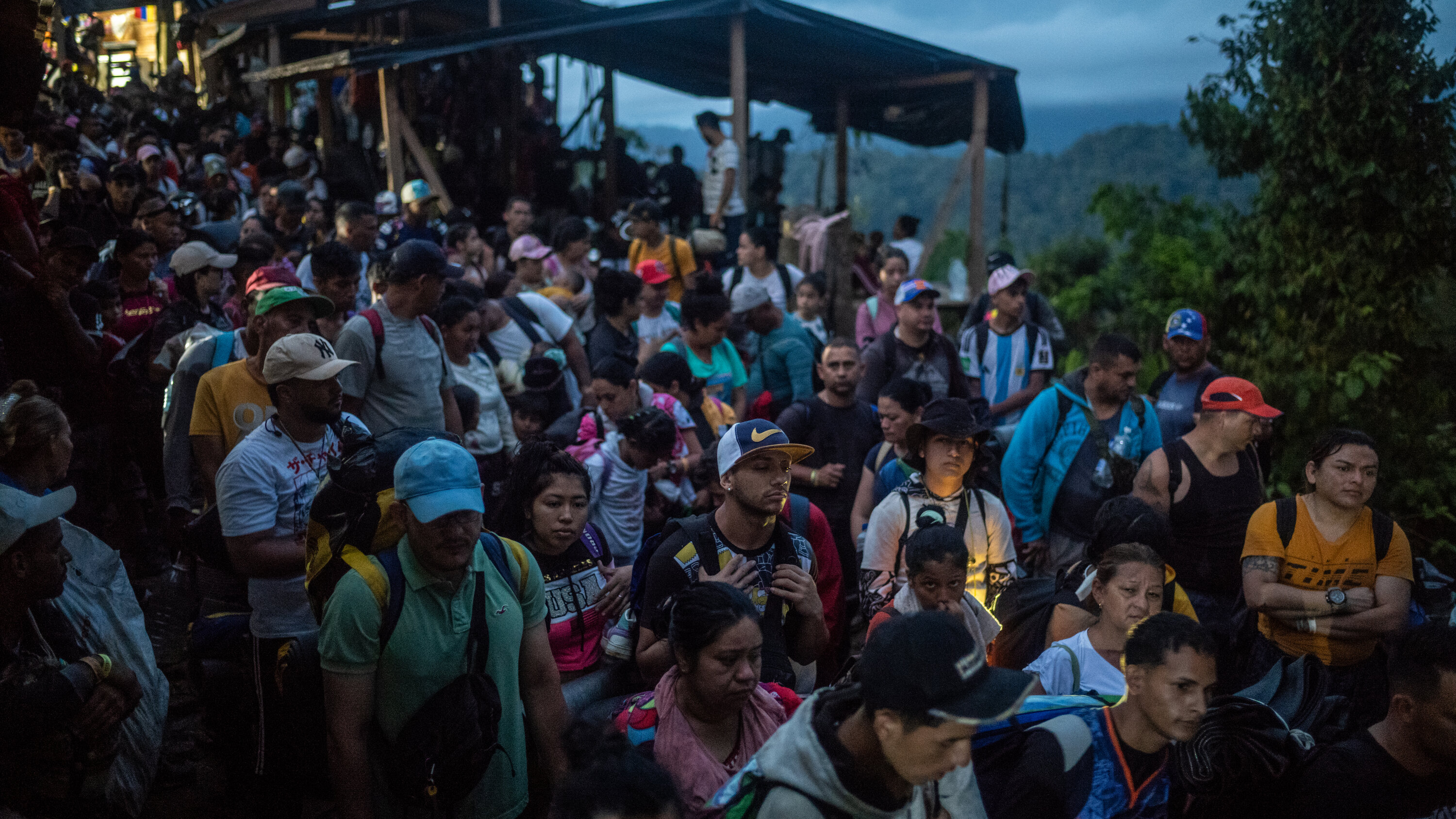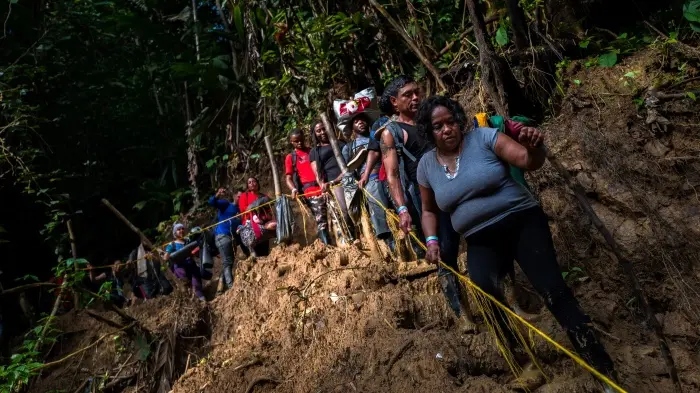In less than ten years, more than 26,000 individuals have passed away or gone missing, and this year has seen an increase in the number of persons trying to cross.
Yesterday, the Italian Coast Guard garnered headlines across the world for its heroic efforts to save some 1,200 stranded migrants and asylum seekers in the Mediterranean Sea.
?In the central Mediterranean, between North Africa and Italy and Malta, where more than 440 people have already perished this year, the great bulk of those deaths—more than 20,000—have occurred: That equates to more than four fatalities daily on average.
?However, the number of travelers entering Italy has climbed from around 6,800 between January and the beginning of April of last year to more over 27,000 thus far this year, with the majority coming from Pakistan, Bangladesh, Tunisia, Bangladesh, and Côte d'Ivoire.
Currently, more people are leaving Tunisia than from Libya, which has historically served as the major entry point for migrants and asylum seekers trying to get to Europe. That might be attributed to Tunisia's deteriorating political and economic situation as well as a rise in racial violence against sub-Saharan Africans in the nation brought on by President Kais Saied's fiery remarks in early March.
?There has been talk of a new "European migrant crisis" due to the increase in asylum seekers and migrant landings in Italy. But it's important to keep in mind that, in early March of last year, just after Russia began its invasion, more than 140,000 people crossed the border from Ukraine into Poland on a single day, and that more than five million Ukrainians who have received some form of protection are currently being hosted by EU countries.
?The influx of African, Middle Eastern, and South Asian asylum seekers and migrants into the EU through the Mediterranean has long been a contentious political issue, and the rise in arrivals this year will probably give populist politicians more material to work with and prompt demands for tighter border controls along the EU's external borders.
?As part of its election campaign last year, Italy's far-right government pledged to erect a naval blockade to stop asylum seekers and immigrants from entering the nation.
And the EU and European nations have been intensifying their tough policies for years, including withdrawing navy and coast guard resources from search and rescue operations in the Mediterranean, hindering the work of NGOs that step in to try to fill the gap, supplying Libyan and Tunisian coast guards with training, equipment, and support to help them intercept asylum seekers and migrants before they can reach the EU, and reaching agreements with third parties to encourage migration.








.jpg)